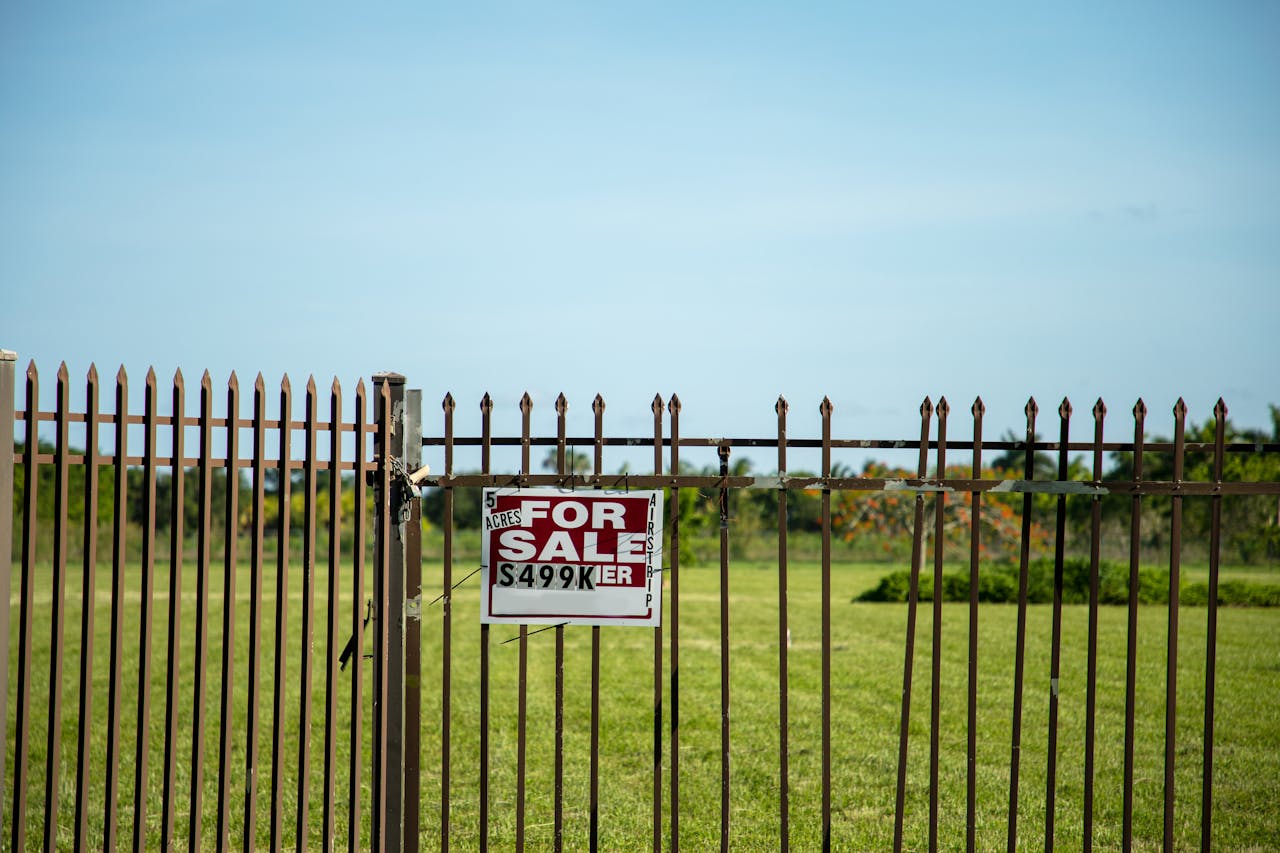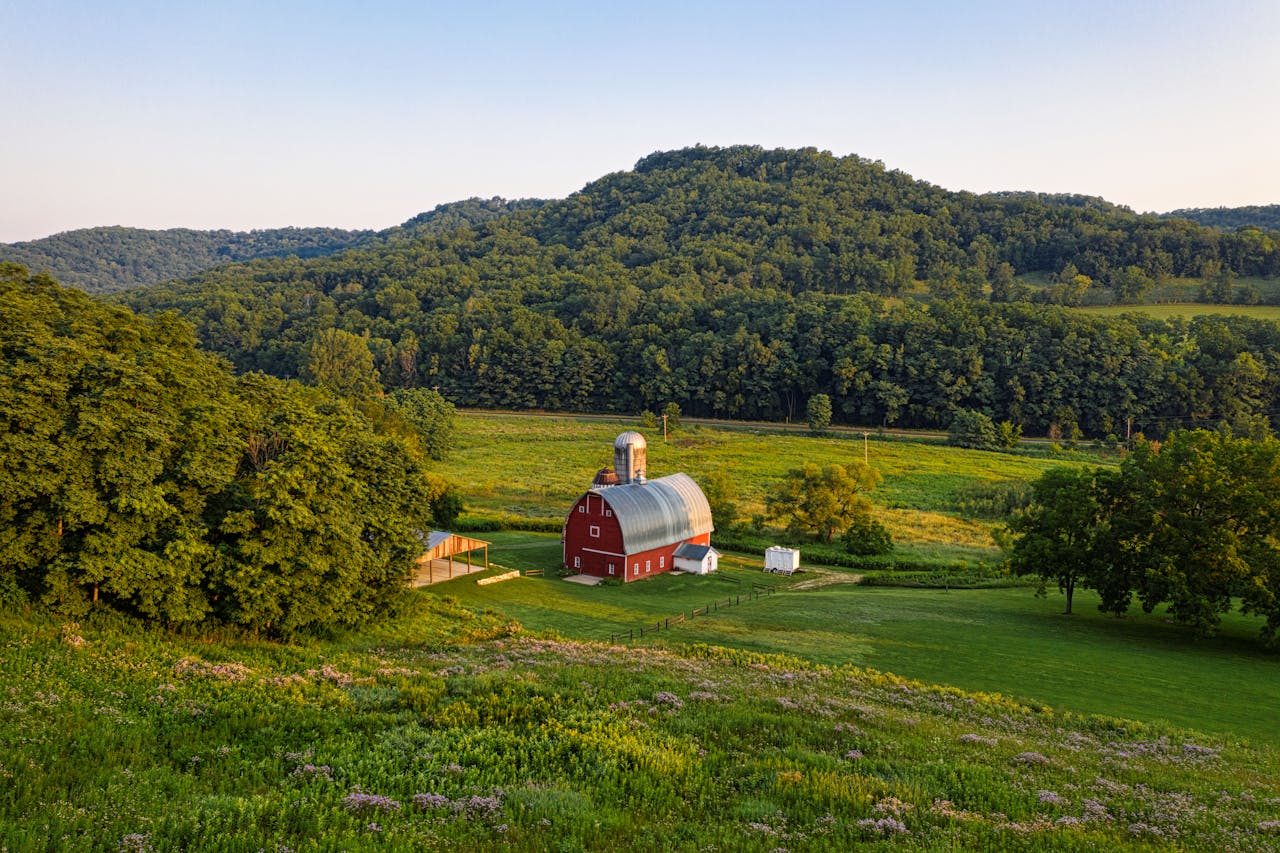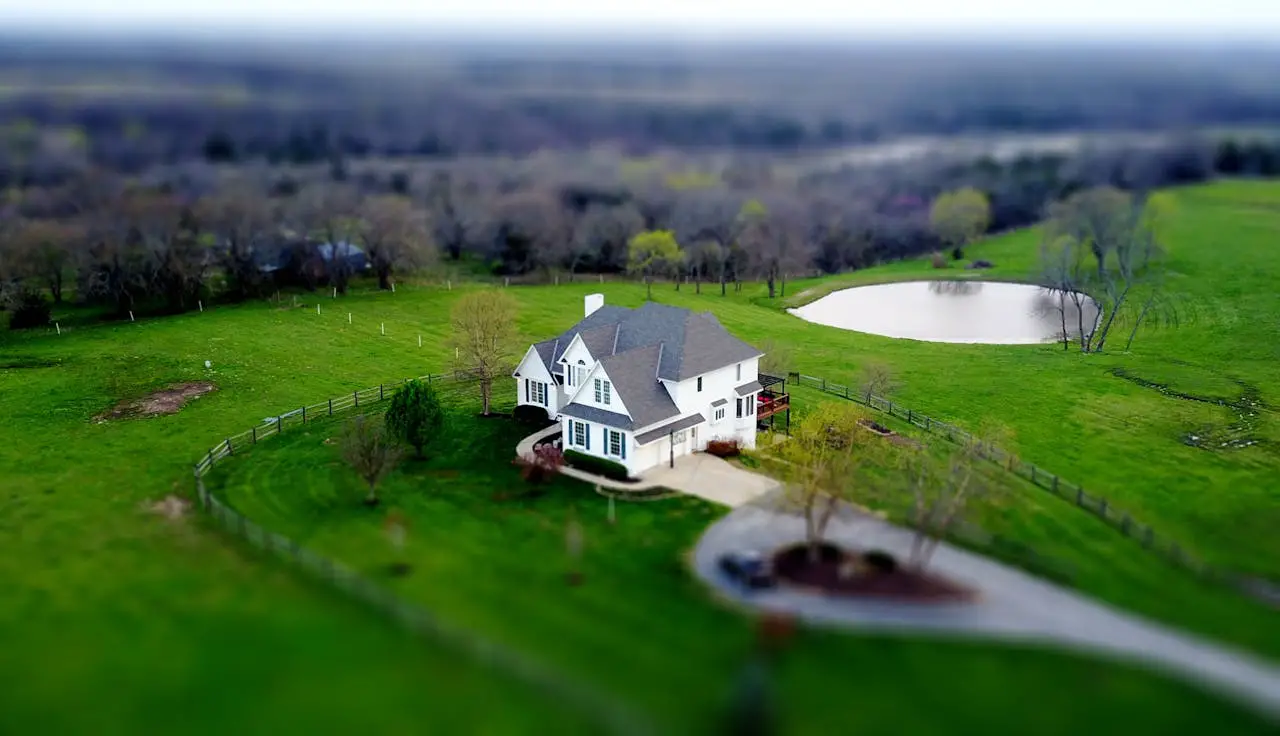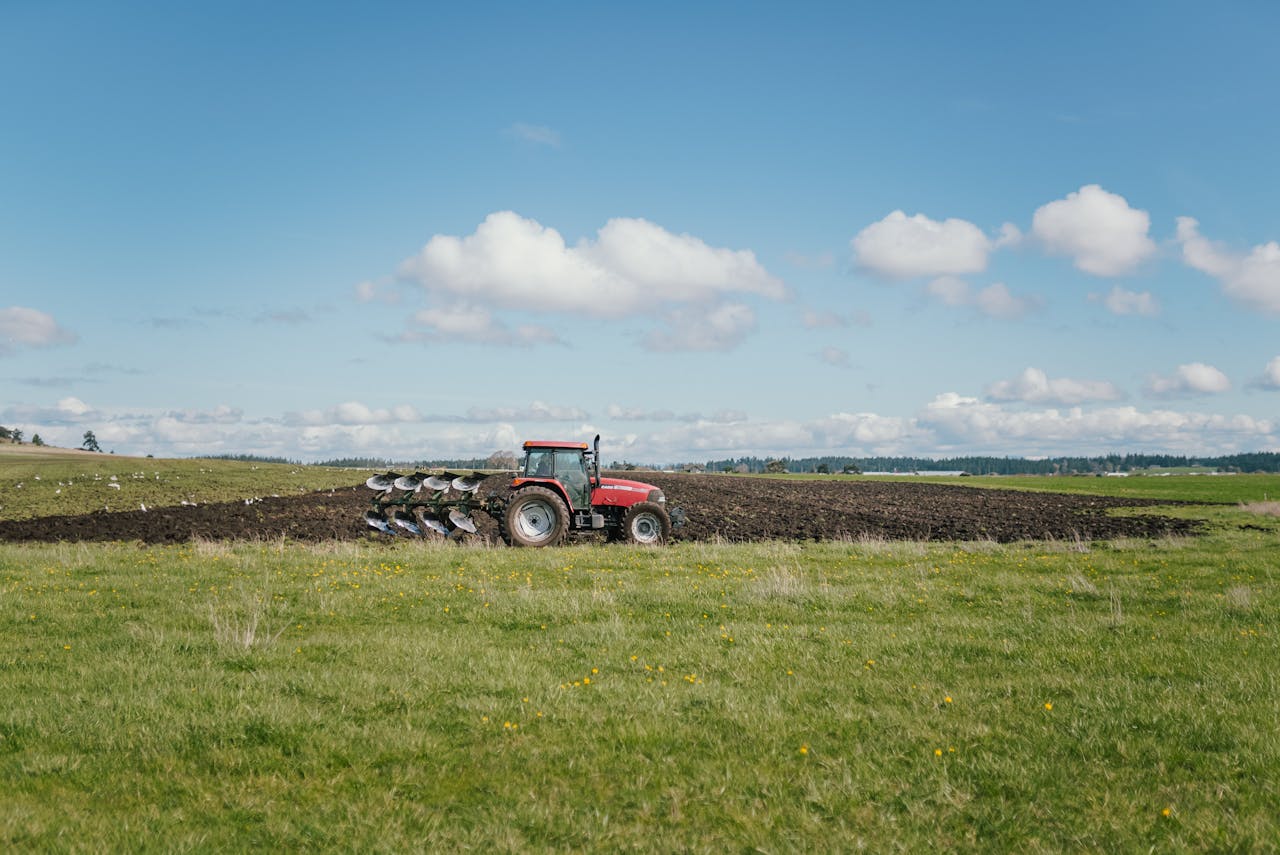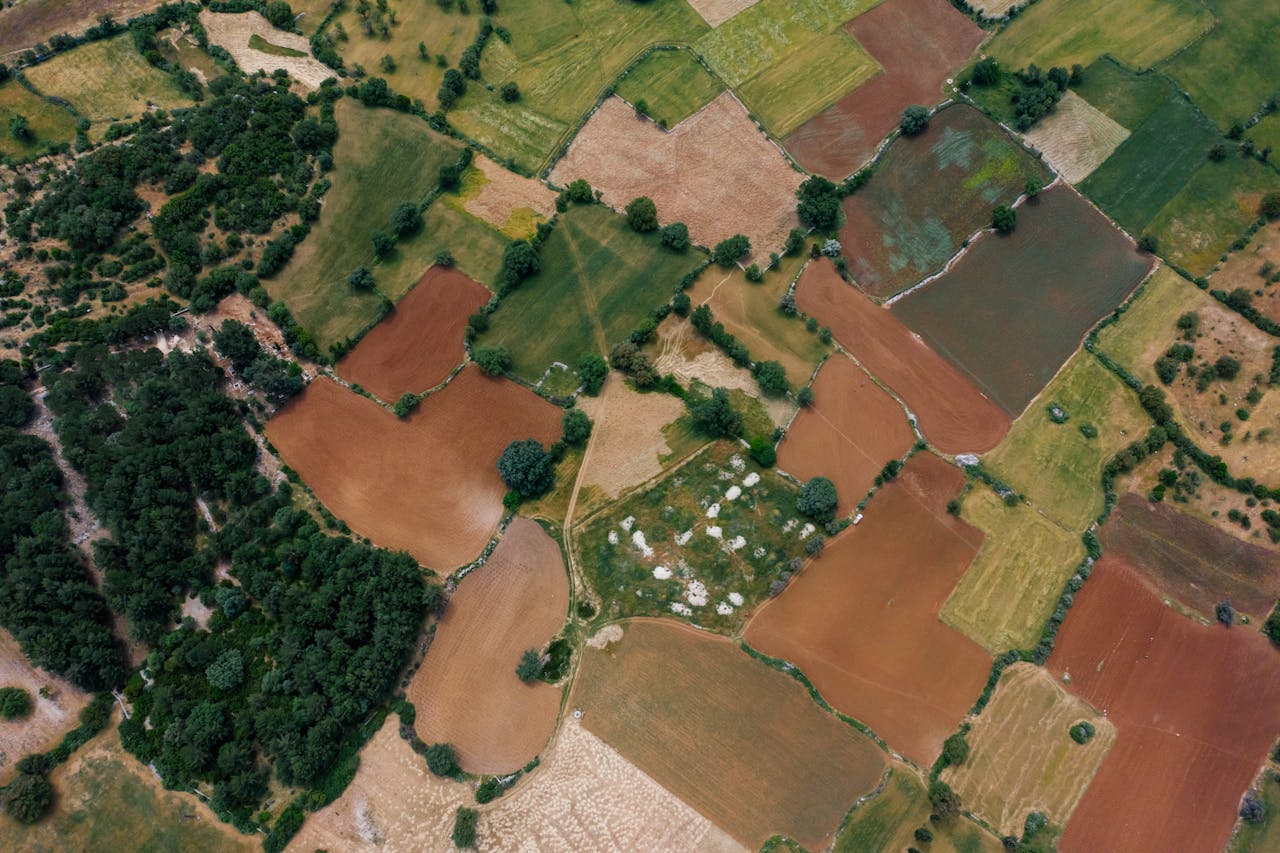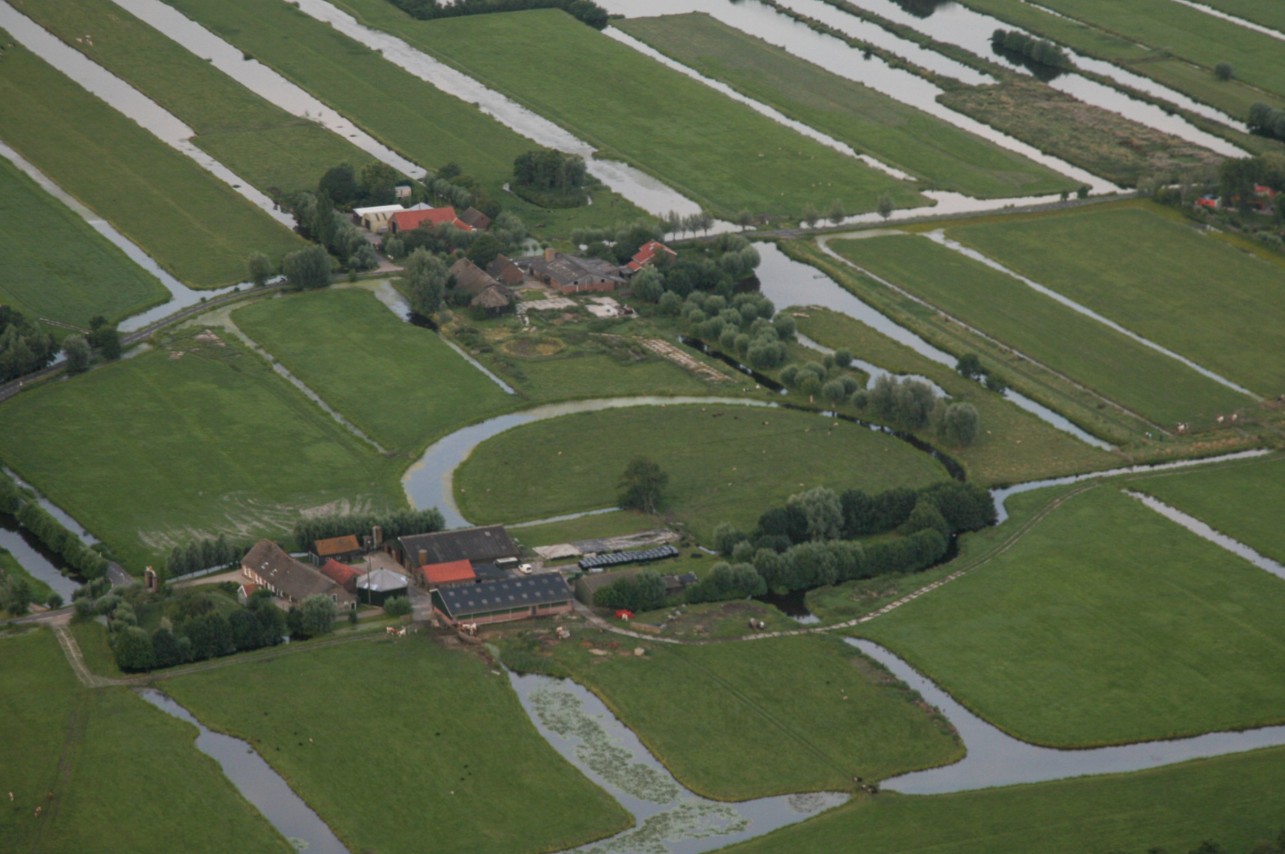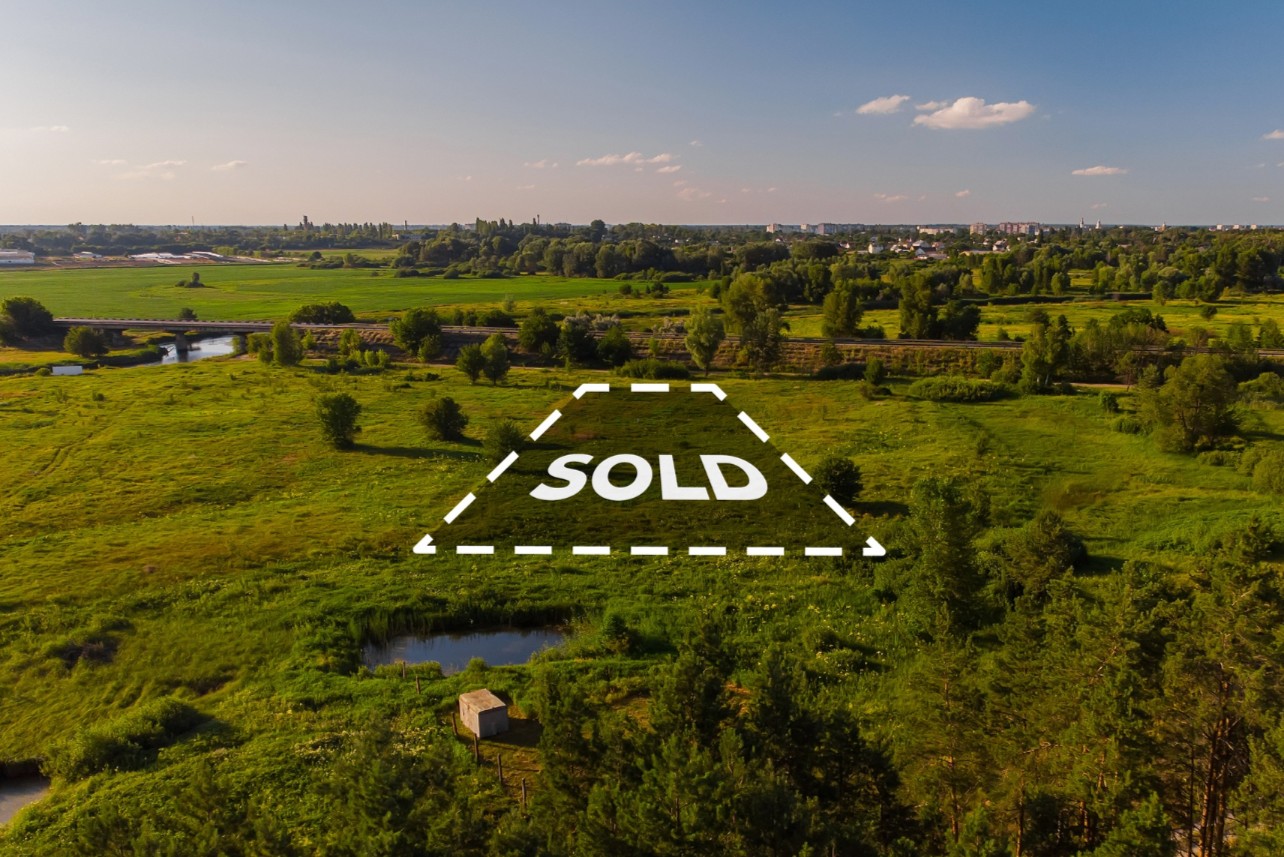Purchasing land is a major investment that can open up a world of possibilities. Whether you’re planning to build your dream home, start a business, or simply invest for the future, buying land is a significant decision. However, it’s not as simple as picking a plot and signing on the dotted line. There are numerous factors to consider before making a purchase to ensure you’re making the right choice. To help you navigate this process, here are 10 key questions you need answers to when buying land.
1. What is the Zoning of the Property?
Understanding the zoning of the land you’re interested in is crucial to ensuring it meets your needs. Zoning laws determine how the land can be used, whether it’s for residential, commercial, agricultural, or industrial purposes. If you have specific plans for the property, such as building a home or starting a business, make sure the zoning aligns with your goals. If the zoning doesn’t match your plans, you may be able to apply for a rezoning, but this process can be time-consuming and costly. It’s important to ask the seller or local government about the zoning and any potential changes in the area that might affect your intended use of the land.
2. What is the Property’s Access to Utilities?
When buying land, access to utilities is one of the most important factors to consider. Essential utilities such as water, electricity, gas, and sewage systems may not always be readily available, especially in rural areas. If these utilities are not already connected to the property, you may need to make significant investments to bring them to the land. This could include digging wells, installing septic systems, or running electrical lines. The costs can quickly add up, so it’s important to ask the seller or local authorities about the availability of utilities and whether there are any restrictions or fees associated with connecting them.
3. Are There Any Environmental Restrictions?
Environmental restrictions can have a significant impact on how you can use the land. These restrictions may include regulations related to protected wildlife areas, wetlands, flood zones, or other environmental protections that could limit your development options. For example, if the property is located in a flood zone, you may face additional construction requirements or insurance costs. Before making an offer, it’s important to ask whether the land is subject to any environmental restrictions, and if so, how they might affect your plans for the property. You may need to work with environmental consultants or local authorities to ensure compliance with these regulations.
4. What is the Land’s History?
The history of the land can reveal valuable information about its condition, previous use, and any potential issues. For instance, was the land previously used for farming, mining, or industrial purposes? Has it ever been contaminated by hazardous materials or chemicals? Understanding the land’s history can help you avoid costly surprises down the road. If the land was previously used for industrial purposes, there may be contamination that requires remediation. Be sure to ask the seller about the history of the land and whether there are any known issues. You can also request a property history report or conduct a title search to uncover any past problems.
5. Are There Any Property Liens or Legal Issues?
Before committing to a land purchase, it’s essential to ensure that there are no outstanding liens or legal issues tied to the property. Liens can arise from unpaid property taxes, contractor debts, or unresolved legal disputes. If the property has any liens, you may be responsible for paying them off before you can fully own the land. To avoid this, always conduct a title search to verify that the property is free of any legal complications. You can also ask the seller if they are aware of any pending lawsuits or disputes related to the land. Taking these steps will help protect you from unexpected legal and financial problems.
6. What Are the Property Taxes?
Property taxes can vary significantly depending on the location, size, and value of the land. It’s important to understand the property tax rates before making a purchase, as these taxes can impact your long-term costs. Some areas have high property taxes, while others may have relatively low rates. In addition to the current tax rate, you should also ask about any upcoming tax increases or reassessments that could affect the property. You don’t want to be caught off guard by higher taxes after you’ve already purchased the land. To get a clear picture of the tax burden, ask the seller or the local tax assessor about the property’s current tax history and future projections.
7. What is the Terrain Like?
The terrain of the land plays a crucial role in determining how you can use it. For example, if the land is hilly or has rocky outcroppings, it may be more difficult and expensive to build on. On the other hand, flat land may be easier to develop but could have drainage issues or be more prone to flooding. If you’re planning to use the land for farming, it’s important to know if the soil is fertile and suitable for crops. Additionally, you should consider whether the property has access to water sources, such as a river, stream, or lake. Understanding the terrain will help you assess the feasibility of your plans and determine if any additional work is needed to make the land suitable for your purposes.
8. What is the Property’s Market Value?
Before making an offer on a piece of land, it’s essential to understand its market value. This will help you determine whether the asking price is reasonable and whether the land is a good investment. Research recent sales of similar properties in the area to get a sense of the current market trends. You can also hire a professional appraiser to assess the value of the land and provide you with an objective opinion. Keep in mind that land prices can fluctuate depending on factors such as location, demand, and future development plans in the area. By understanding the market value, you can avoid overpaying for the property and ensure that you’re making a sound financial decision.
9. What Are the Property’s Boundaries?
Knowing the exact boundaries of the land you’re purchasing is essential to avoid disputes with neighboring property owners. Property lines can sometimes be unclear, especially in rural areas where markers or fences may not be present. To avoid encroaching on neighboring properties or building on land that isn’t yours, it’s important to ask for a land survey or have one conducted yourself. A survey will clearly mark the boundaries of the property, ensuring that you know exactly where the land begins and ends. This will help you avoid costly legal disputes and ensure that you can fully enjoy and develop the land as planned.
10. Are There Any Future Development Plans in the Area?
The future development plans in the area surrounding the land you’re interested in can have a significant impact on its value and usability. For example, if a new highway, commercial center, or industrial complex is planned nearby, it could affect the land’s accessibility, privacy, and overall appeal. On the other hand, new developments could also increase the value of the land over time. To make an informed decision, ask the seller or local authorities about any planned developments in the area. You can also check with local zoning boards or planning commissions to learn about any upcoming projects that could affect the property.
Final Thoughts
Buying land is a big decision that requires careful thought and planning. By asking these 10 key questions, you can ensure that you’re making an informed purchase that aligns with your goals and expectations. From zoning and utilities to property taxes and legal issues, each of these factors can have a significant impact on the value and usability of the land. Take the time to do your research, ask the right questions, and consult with professionals when necessary. With the right information, you can make a smart investment that will serve you well for years to come.

